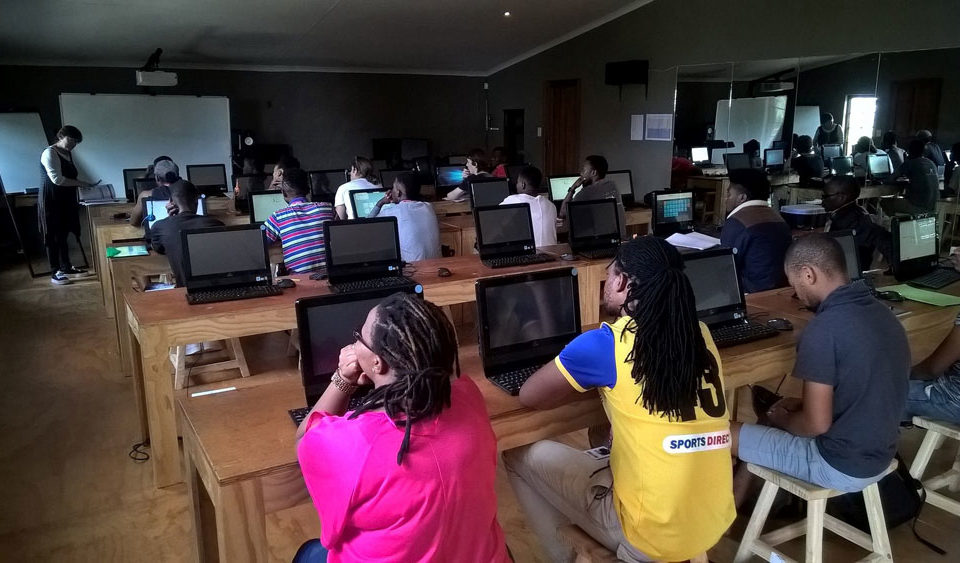As technology continues to pervade our daily lives and businesses, digital skills have become a prerequisite for success in the digital economy. In fact, estimates already show that by 2020, 90% of jobs will require digital skills.
Currently, more than half of the people in the world (about 4 billion people) lack basic access to the knowledge, skills and resources that would enable them to participate in the digital economy. This disparity is highest in marginalised and impoverished countries in the Middle East and Africa (MEA).
For this reason, Microsoft is working closely with non-profits and communities in the MEA region to address the underlying challenges preventing people from having access to digital skills and its benefits. This is in line with our mission to empower every person and organisation on the planet to achieve more. We have done this by digitally transforming non-profits to enable them to better serve communities in the region.
In South Africa, we have provided the Casterbridge Music Development Academy (CMDA) with a strategic Azure grant which enables the organisation to expand its critical work. The grant makes provision for support and training for South Africa’s talented young musicians and ensuring a brighter future for all learners in the future.
An offshoot of CMDA is 2Enable, a leading nationwide digital education solution also based in South Africa. Powered by Microsoft technologies, including Office365, OneDrive and Skype for Business, 2Enable has an estimated 6,000 registered online users and its digital libraries have been installed in over 70 schools across country.
“In 2016, we provided 14 hours of live, countrywide support in mathematics and physical science per week using Skype for Business,” said Michael Matthews, Program Manager for 2Enable. “Azure allows us to deliver national solutions with confidence.”
He added that Office 365 has allowed the organisation to leverage the benefits of cloud computing. “We now regularly share and collaborate on a single document from our desktops. Since all our data is stored in the cloud, data loss is now an issue of the past,” said Matthews.
In Israel, we are working with Appleseeds Academy, an Israel-based non-profit using technology for social empowerment in Israel. Through large-scale programming and computer science education, Appleseeds Academy is working to upskill all Israelis. Using Azure-hosted systems, the organisation provides 250,000 training hours across 350 locations countrywide and maintains a 70% job placement rate after course completion.
“With Microsoft’s help, we have implemented high-impact programs to benefit people all across Israel. Azure allows us to fulfil our vision,” said Daniel Saat, Director of Knowledge Management at Appleseeds Academy.
Recently, Appleseeds began to develop a Digital Classroom application which gathers important data on attendance, feedback, learning progress, and how well both trainers and students understand the content during each learning interaction.
We understand that technology is a force for good – an equalising force in the world. We are therefore digitally transforming non-profits to equip them with the technologies they need to better serve the communities at high risk of being left behind. Our goal is to ensure that all young people are future ready and have access to the requisite skills for participating in the digital economy.





